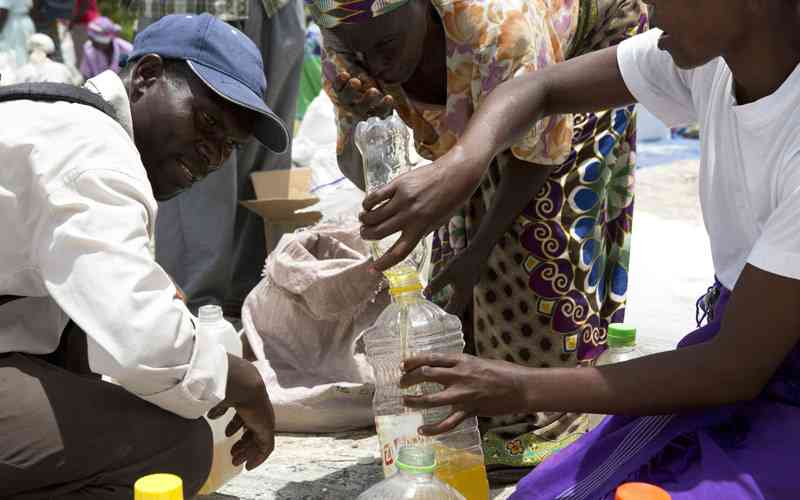
ZIMBABWE is still far away from reducing food poverty, a latest World Bank (WB) report said.
The country’s year-on-year inflation, hovering around 200%, is among some of the world’s highest rates.
According to the World Bank, extreme poverty in Zimbabwe worsened due to the COVID-19 pandemic.
“Yet, the food poverty rate increased steadily in 2010, starting at 23% in 2011, climbing to 30% in 2017 and 38% in 2019, and reaching its peak of 49% in July 2020, soon after the onset of the COVID-19 pandemic,” the report read in part.
“The food poverty rate fell by six percentage points to 43% in 2021 on the back of economic recovery and record maize harvests. This is far from Zimbabwe’s aspiration to reduce the share of the population below the food poverty line to 10% by 2025.
“As poverty increased, so did inequality, with the Gini index rising. Thus, many Zimbabweans not only saw their living standards deteriorate over the decade, but they also witnessed the gulf between poorer and richer in the population widen.”
A country risk and industry research report by Fitch Solutions says Zimbabwe’s high inflation has continued to put significant pressure on the already weak disposable incomes, causing deterioration in living standards.
“The rise in price growth will prevent any meaningful recovery in real household incomes and implies a stagnation or deterioration in living standards,” the report read.
- Young entrepreneur dreams big
- Chibuku NeShamwari holds onto ethos of culture
- LSU students win innovation prize
- Mhofela finally drops album
Keep Reading
Last month, the Zimbabwe National Statistics Agency (ZimStat) said more than 60% of the country’s 15,2 million people could not afford a balanced diet as 51% of the people in rural areas were “living in extreme poverty, while 10% in urban areas were living in extreme poverty”.
ZimStat also indicated that 91% of Zimbabweans can no longer afford protein-rich food such as meat and are largely surviving on such vegetables as rape, covo and chomolia, among others they can now afford.
Workers in the private and public sectors are demanding United States dollar salaries to make ends meet as the local currency keeps losing value against other currencies.
- Follow us on Twitter@NewsDayZimbabwe









